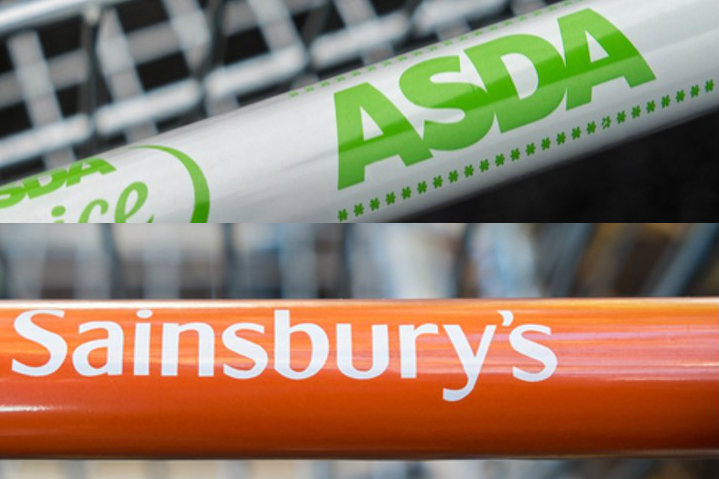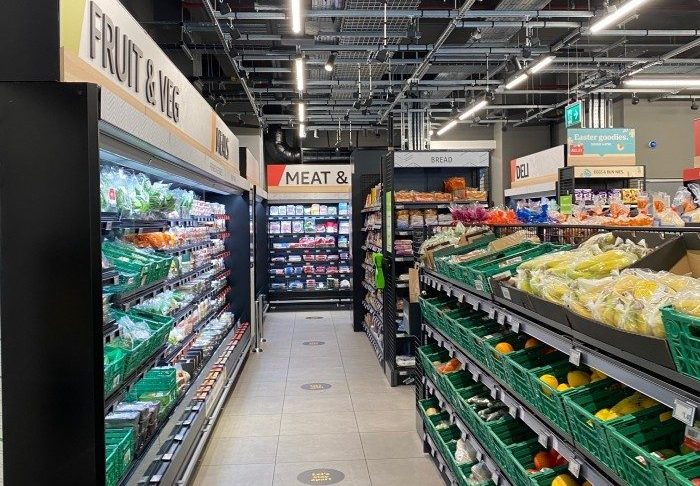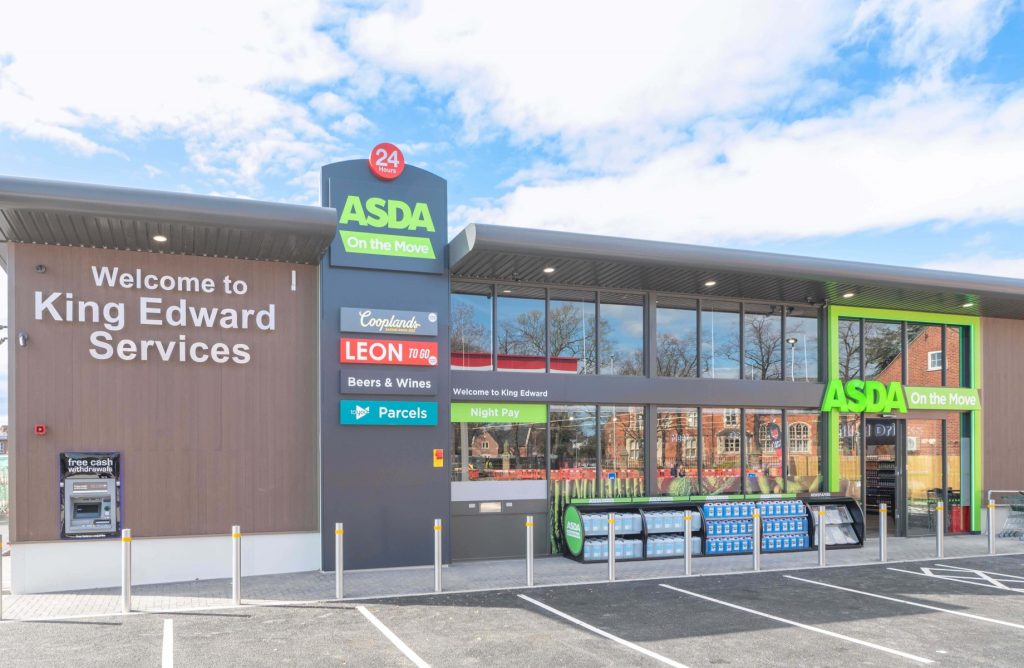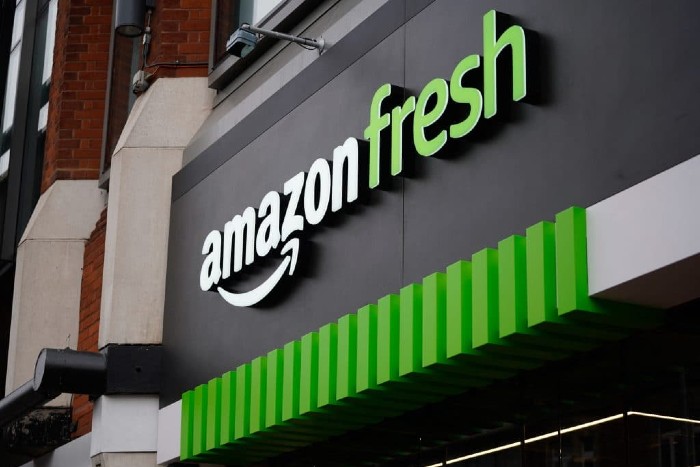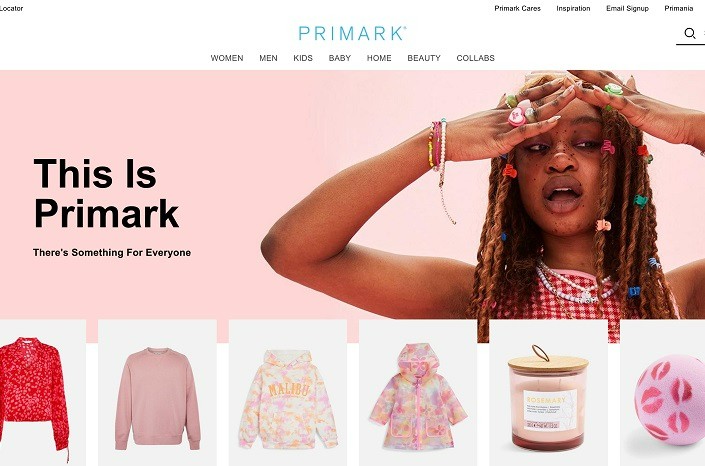Amidst a volatile retail landscape, the proposed merger of Sainsbury’s and Asda is an interesting move.
Both supermarkets serve a different market and customer base, so careful consideration of catering to each customer segment will be paramount to retaining customer loyalty. Likewise, curious customers from Tesco, Aldi, Waitrose and other major players will look forward to seeing whether the new offering can serve them, and what the key differentiator to those other brands will be.
With fierce competition among supermarket pricing and promotions, customers hold the power to switch their custom.
Service can, and should be, retailers’ relentless focus in order to drive differentiation and increase loyalty and recommendation. Failure to adopt this approach can be the difference between long-term success and more immediate failure.
Indeed, our research shows that, on average, organisations who maintain a customer satisfaction score above their sector average achieve 9.1 per cent revenue growth year-on-year, and compound growth of 4.7 per cent across a five to eight-year period.
READ MORE:
Those with a lower-than-average customer satisfaction score achieve only 0.4 per cent growth year-on-year and just 3.5 per cent in the longer period. And the average EBITDA percentage for higher-than-average customer satisfaction scorers is 24.7 per cent, compared to 14.5 per cent for firms that score lower than average.
It means that if this merger is to change, the fortunes and drive a return on their investments for Asda and Sainsbury’s, the brands need to go truly put the customer experience at the heart of their business strategy.
In the latest UK Customer Satisfaction Index (UKCSI), customer feedback ranked Sainsbury’s as the 39th highest-performing organisation across all sectors, but Asda failed to appear alongside its competitors in the top 50 at all. Aldi, Waitrose and M&S Food ranked notably higher, all within the top 20.
Some may view these positions with concern, but the top spots for the highest-performing supermarkets have to be earned and maintained – and are largely dependent on the extent to which an organisation’s leadership drives service culture throughout every level of their organisation.
With the food retail sector the most competitive of 13 measured by The Institute of Customer Service – there are just 6.3 points between the leader and the lowest-scoring organisation – there is huge potential for all supermarkets to make gains on their competitors. This opens a clear window for the new organisation – if the merger is allowed to happen – to shape a strong customer service strategy and earn its place among the supermarket leaders for satisfying customers.
Aldi, for example, was the highest ranked supermarket in the July 2017 UKCSI and while it is well-placed to satisfy cash-strapped consumers, its position showed that the budget supermarket has recognised the importance of driving the service experience to become synonymous with quality.
The UKCSI reveals over half (55 per cent) of food retail customers are not prepared to compromise service levels in pursuit of the cheapest deal. Further, despite increasingly uncertain economic times, over a quarter (27 per cent) are willing to pay a premium for better service: a clear indication of changing customer priorities within the sector.
Today’s savvy consumers are hyperaware of the value of their custom, pushing retailers, rightly, to invest in customer service standards. This move should be no different. The proposed merger should recognise, and be sensitive to, the needs and preferences of long-standing customers from both supermarkets, as well as those interested in making the switch.
The new organisation should establish a coherent focus on omnichannel experience, integrating customer experience design, technology and employee engagement to deliver an overall customer journey that breeds engagement and trust.
Above all, the merger must get it right the first time; on such a competitive stage, there is little room for mistakes. A smooth customer experience throughout this transition will be key to whether the new organisation has what it takes to encroach on the likes of Aldi and Waitrose and their talent for satisfying customers.
Jo Causon is the chief executive of The Institute of Customer Service
Click here to sign up to Retail Gazette‘s free daily email newsletter

